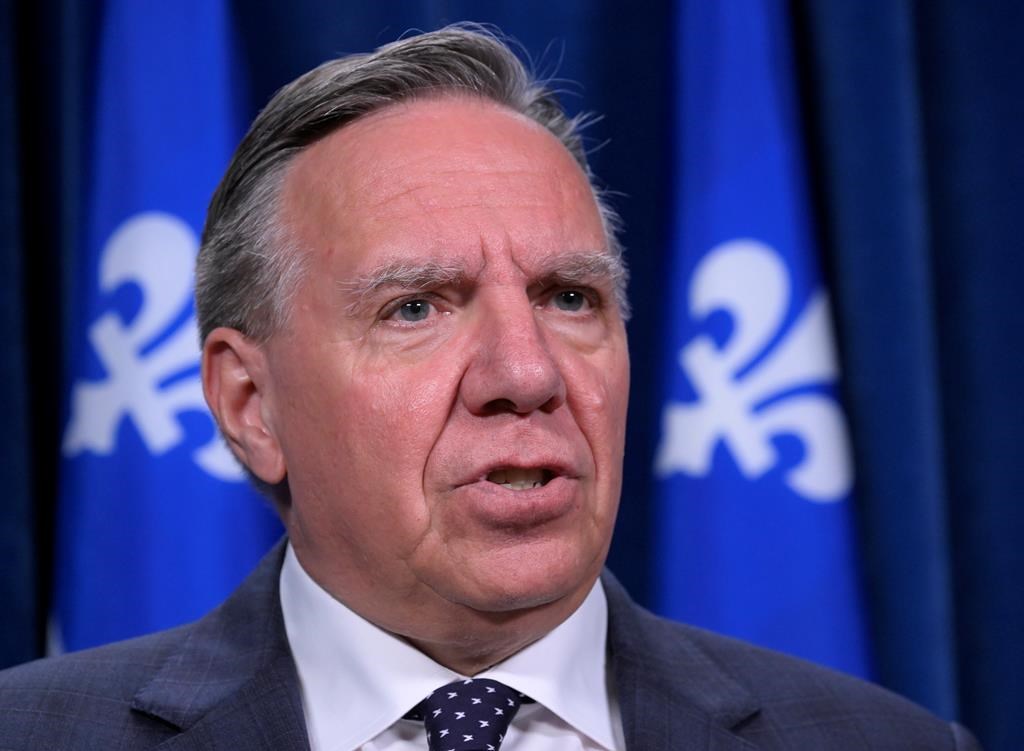
Quebec premier François Legault still doesn’t know the price of a 4 1/2 in Montreal, three years after getting bogged down on the issue.
The premier was responding on Wednesday to Official Opposition Leader Marc Tanguay during the Executive Council’s study of the department’s budgetary appropriations.
Amid the housing crisis, Tanguay asked him if he knew the price of a 4 1/2 flat in the city.
Legault then turned to the senior civil servants accompanying him.
When the government’s secretary general, Dominique Savoie, gave him a figure, he rejected it, saying that the real price was probably higher.
“We’ll keep digging,” he said.
“I’m completely surprised that you and your whole team can’t say how much a 4 1/2 costs in Montreal,” said Tanguay.
“We’ll get back to you. I don’t have the exact information and I don’t want to take the chance of being wrong, even by $100 a month, because you’re going to take advantage of it,” Legault told his Liberal opponent.
“The blow has just been dealt in itself; I won’t need to add to it. The point is made,” concluded Tanguay.
Legault had already stumbled on the question of the cost of rent in 2021, when the Québec solidaire co-spokesperson Manon Massé, had questioned him.
He seemed out of touch when he said that people could live for “$500, $600 a month” in Montreal, even though rents could “quickly rise to $1,000,” according to him. The median price was $1,300.
The premier maintains that at the time, he was talking about students sharing a flat.
Tanguay continued his line of questioning by pointing out that 150,000 housing units need to be built annually until 2030 to meet demand.
“How are you going to house workers and the general population?” he asked.
Legault explained that one of his goals was to help people save to buy a house.
“It’s better to give them money, individuals, in their wallet, so that they are able to pay the price of these houses.”
Tanguay accused him of wanting to “boost demand rather than supply.”
–This report by La Presse Canadienne was translated by CityNews